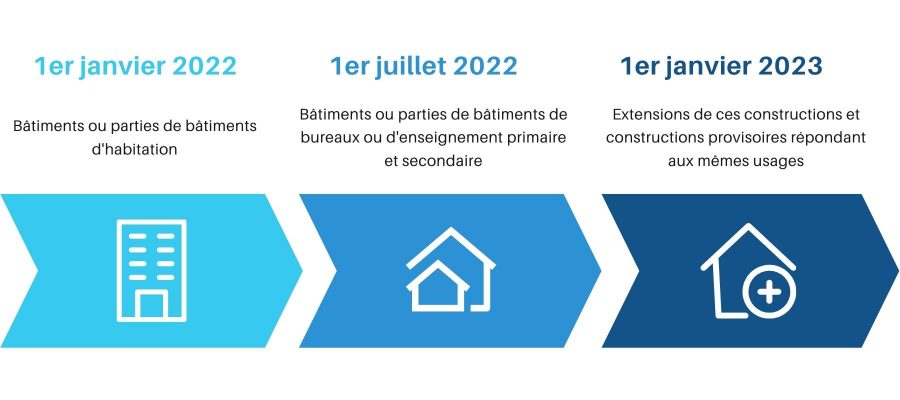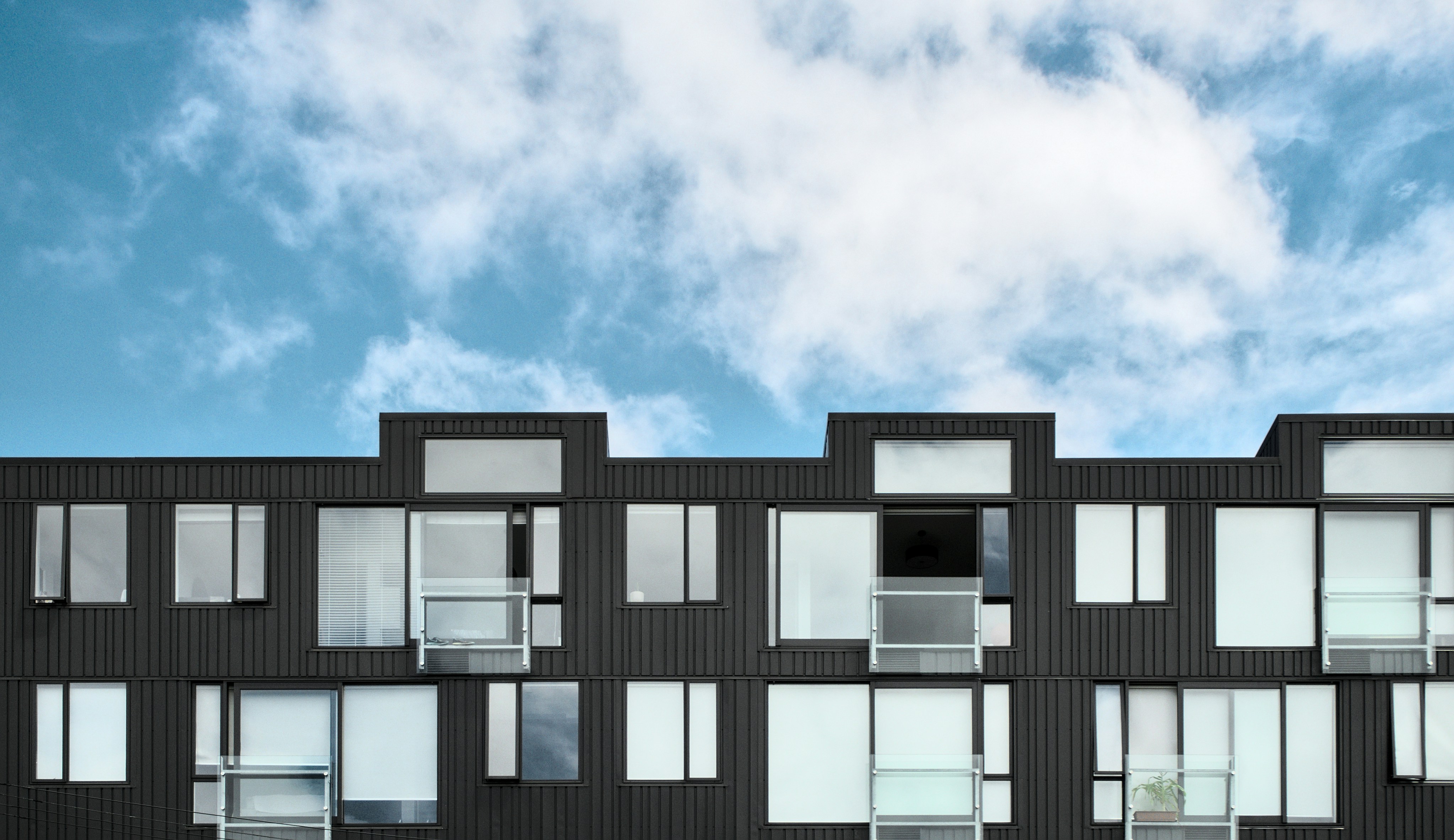The implementation of the 2020 environmental regulations (RE 2020) is gathering pace. In fact, a few months after the publication of the decree and the "requirements and methods"order this summer, a decree decree published on December 1 sets out the procedures for issuing and completing the certificates to be provided by owners of new buildings.
What certificates do project owners need to produce?
Energy supply feasibility study
Prior to submitting a building permit application, the project owner must first commission a technical and economic feasibility study of energy supply solutions.
This study should present the advantages and disadvantages of each of the technical solutions studied (wind, solar, biomass, etc.) and also specify the reasons why the project owner has chosen the chosen supply solution. It should then be attached to the building permit application.
Certificate of compliance with RE 2020 requirements
In addition, for each building or part of a building concerned, the project owner must also draw up a document certifying that the energy and environmental performance requirements set out in the RE 2020 have been taken into account.
This certificate must be attached to the building permit application, and subsequently to the declaration of completion and conformity of the work.
Which buildings are affected?
These new obligations will apply to new buildings for housing, offices and primary and secondary education. They will come into force in accordance with the timetable set out in BR 2020:

However, the following buildings are not affected by these new requirements (R. 122-1 of the French Construction and Housing Code):
- Temporary structures intended to be used for two years or less;
- Buildings used for agricultural, craft or industrial purposes, other than residential premises, which require only a small amount of energy for heating, domestic hot water production or cooling;
- Buildings used as places of worship ;
- Extensions to historic monuments classified or listed under the Heritage Code;
- Detached buildings with a total new floor area of less than 50m2;
- Single-family or attached homes;
- From January1, 2025, multi-family housing.
Sources :
Decree no. 2021-1548 of November 30, 2021 relating to attestations that energy and environmental performance requirements have been taken into account and to the completion of a feasibility study relating to the various energy supply solutions for building constructions in mainland France.
Code de la construction et de l'habitation (in its version to come on January1, 2022), articles R. 172-1 to R. 172-9 (energy and environmental performance requirements applicable to the construction of buildings or parts of buildings for housing, offices, or primary or secondary education), R. 122-1 to R. 122-4 (preliminary studies) and R. 122-22 to R. 122-35 (Attestations).
Photo credit: Nate watson


.svg)



